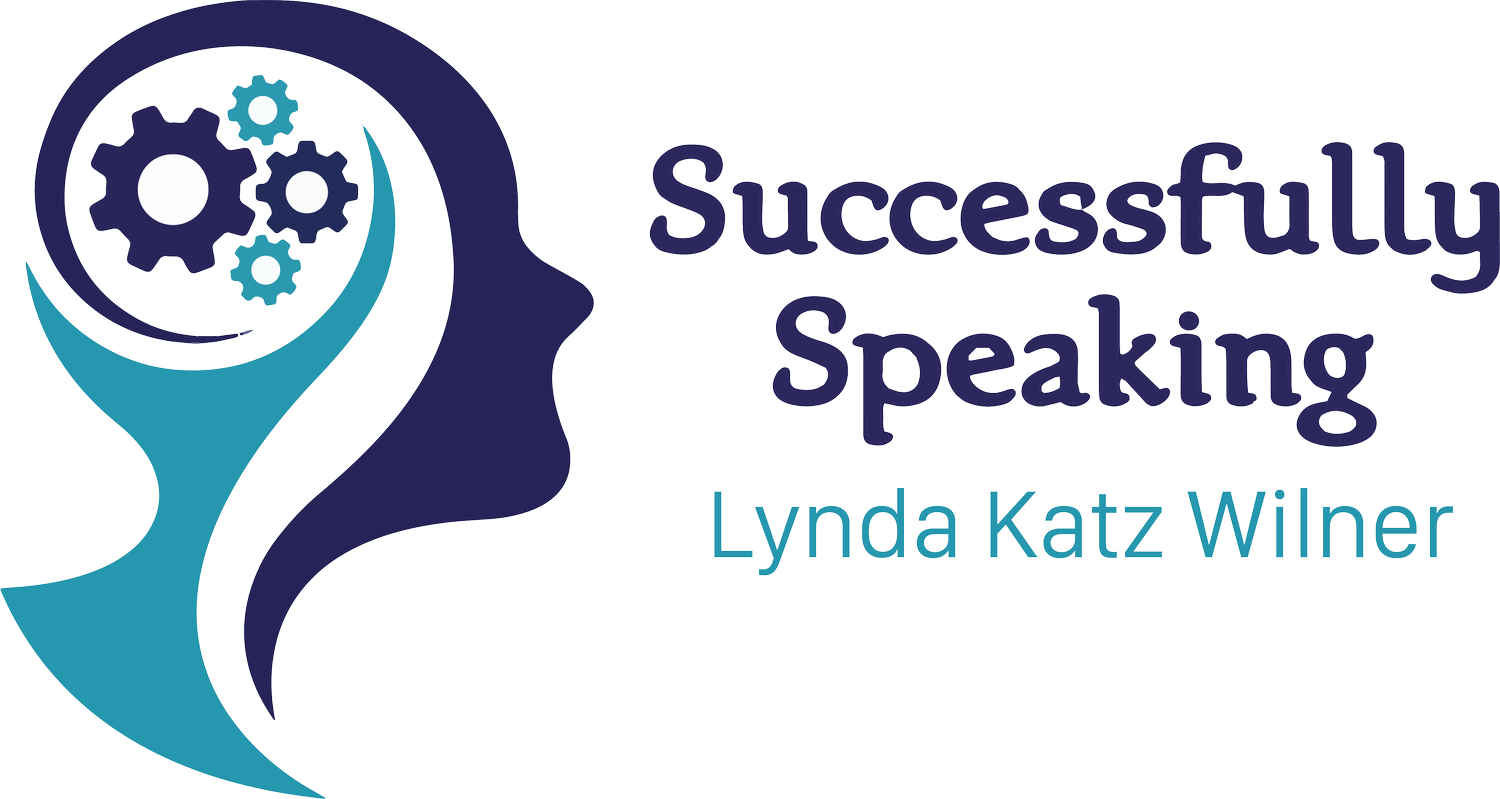How Are Written and Spoken English Different?
Although written and spoken English are the same language, there are many distinctions between their usage and style. Written English is more formal, structured, and follows grammatical rules. The writer can correct and revise the content and the immediacy of a response is not a factor. On the other hand, spoken English is informal, at times not grammatical, filled with contractions, slang, and even word fillers. There is no time to prepare or check the grammar. Texting messages are more aligned with spoken English are filled with abbreviations, and acronyms, and often lack punctuation.
The challenge for non-native English speakers is that they might have learned the rules of grammar and vocabulary but did not practice conversation until they came to the USA. As a result, their communication may appear stilted and formal. They yearn for strategies to sound more conversational. During spontaneous conversation, they hear their mistakes, and many lose their confidence. Conversations are dynamic and speakers need to adjust and adapt in real time. There is a level of improvisation, and this can add another layer to their challenges.
The international clergy whom I coach prefer to read their homilies/sermons due to a lack of confidence in remembering their content and the nuances of English. Although they can speak spontaneously and passionately in their native language, English does not afford them the same level of proficiency. They need to learn how to use the written homily as a guideline and speak in a conversational tone and rhythm to be more engaging.
Many of my international clients want to learn word reductions, contractions, idioms, slang, and ways to increase their spontaneity. For example, in conversation, native speakers use contractions (I’ve vs. I have), reduce unimportant words (See ya later vs. I will see you later), and our speech is packed with idioms and slang. The notion of meeting new people and engaging in small talk is often intimidating for the non-native English speaker. How can they practice these conversational skills?
Spoken English takes practice. They can find a conversation partner. However, many may not want to bring attention to their challenges and do not want to appear vulnerable. How can they practice in a private, judgment-free zone? The ADVANTAGE public speaking AI-assisted platform powered by Yoodli can become their partner. They can set up a topic, select their audience and their personality style (friendly, professional, stressed, reserved, etc.). AI (Artificial Intelligence) generates a question, and they answer. There are also follow-up questions. After they finish their conversation, they receive measurable analytics about their rate of speech, use of fillers, weak vocabulary, conciseness of their message, and a transcript to determine how well AI understood their speech. This is a wonderful way to practice. The results can be shared with their coach to receive “human” feedback and then they keep practicing and refining their skills. Human feedback helps the individual interpret the quality of the AI feedback. To learn more about this new revolutionary AI-assisted tool, click here.
Successfully Speaking helps improve your confidence, clarity, and credibility in your communication skills. Reach out to www.Successfully-Speaking.com with any questions.

